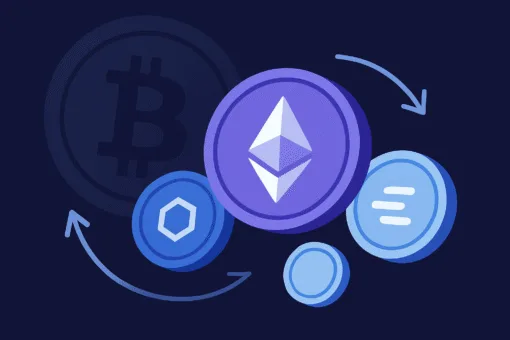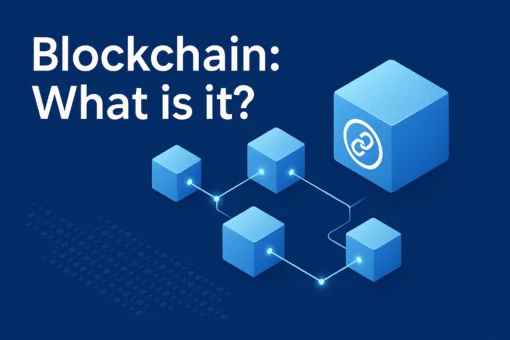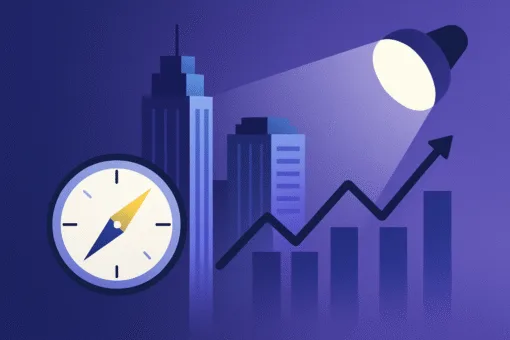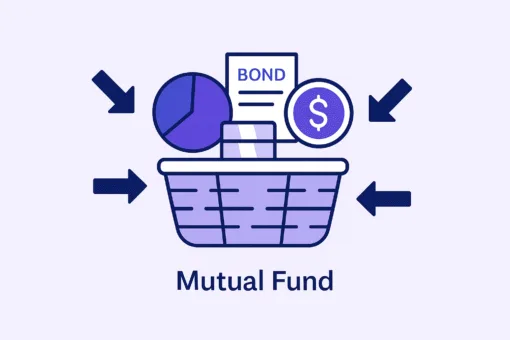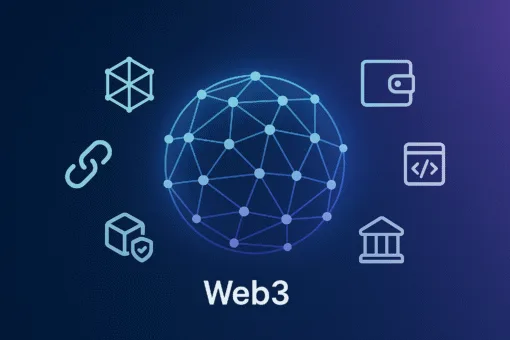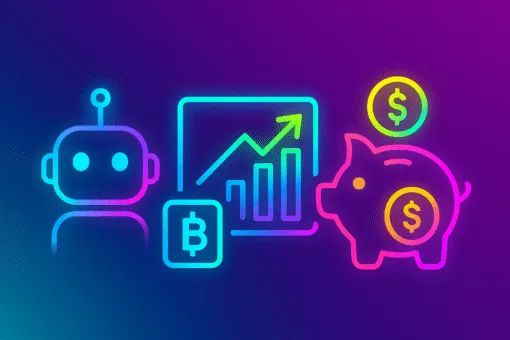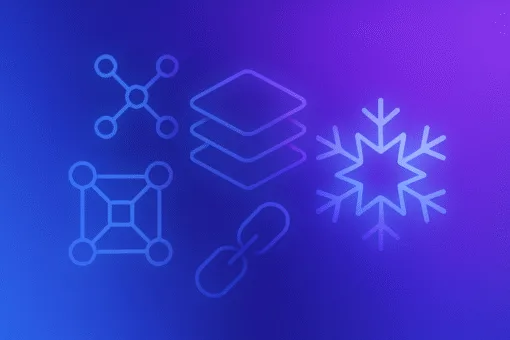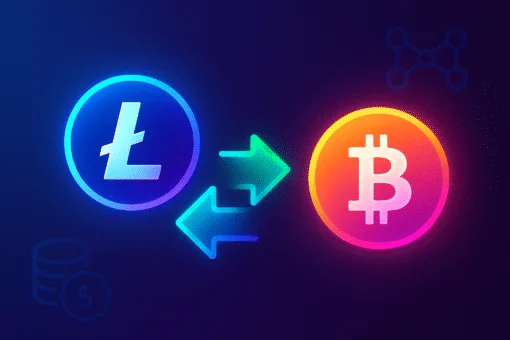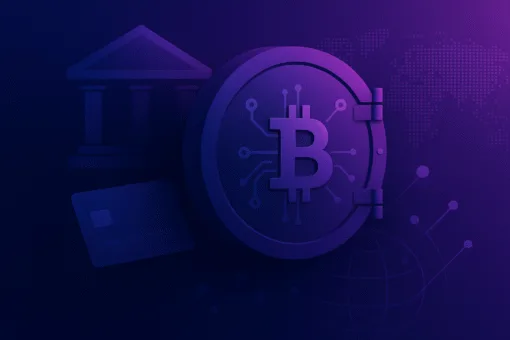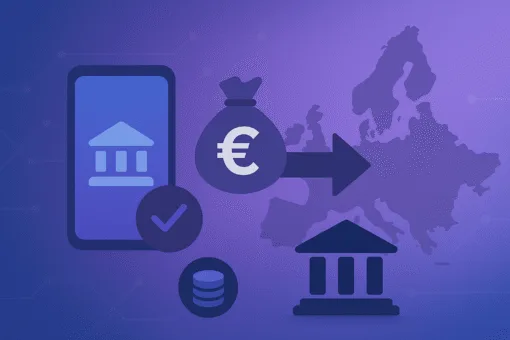Real World Assets (RWAs) tokenization is radically transforming the financial landscape. This innovative approach involves converting assets like real estate, commodities, and securities into digital tokens on blockchain networks. It’s effectively bridging the gap between traditional finance (TradFi) and decentralized finance (DeFi).
Tokenization opens up a host of new opportunities. It enhances efficiency, transparency, and accessibility significantly. The digitization of assets simplifies their transfer and trade, sidestepping many traditional transaction barriers. Plus, every transaction gets recorded on the blockchain, offering an unalterable, verifiable record, thereby boosting transparency.
Moreover, tokenization boosts accessibility. It breaks down high-value assets into smaller, more manageable pieces, enabling a wider range of investors to enter markets previously out of reach due to high entry barriers.
The Challenges of Tokenizing RWAs
However, tokenizing RWAs isn’t without its challenges. A primary concern is ensuring the digital asset accurately mirrors its real-world counterpart. This requires rigorous audits and validation checks to confirm the asset’s authenticity and value.
Regulatory compliance poses another significant challenge. The blockchain sector, still in its infancy, lacks clear regulations for tokenized assets in many jurisdictions. This regulatory uncertainty can deter businesses and investors, potentially slowing adoption.
Operational complexities linked to handling and managing digital assets can also present substantial hurdles. Traditional financial institutions may need to overhaul their systems to incorporate these new technologies. This necessitates significant technology and training investments.
Despite these challenges, tokenization’s potential benefits are substantial. It could democratize finance, making it more inclusive and efficient. As the technology matures and regulatory frameworks develop, we anticipate an increase in tokenized assets, which will undoubtedly reshape the financial landscape.




